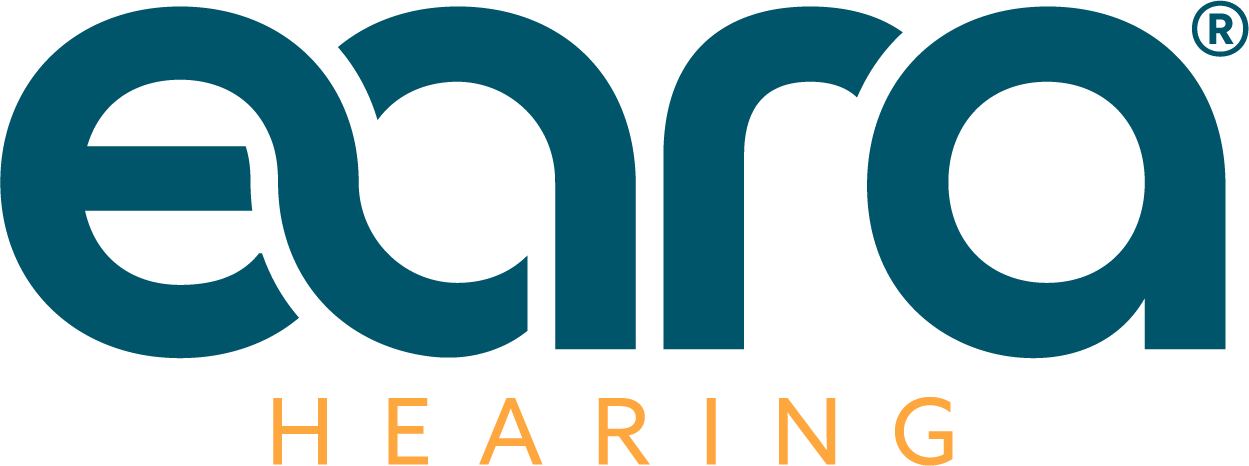Over-the-counter hearing aids don't require a prescription, why would you need to consult an audiologist? After all, OTC hearing aids are specifically designed for adults with mild to moderate hearing loss. You can order them online, adjust them yourself, and start hearing better without stepping foot in a clinic.
But here's the catch: how do you know if your hearing loss is mild, moderate, or something else entirely?
At Eara, we do something that might sound very unconventional for a fully online hearing aid company. We recognize the value of audiological expertise. Wait, what? Are we trying to chase away customers and send them straight to our traditional competitors? Have we lost our minds?
Not quite. We might have a secret reason for this approach. One that makes perfect sense when you understand how modern hearing care technology can work. But we'll get to that later.
For now, here's why we believe audiological expertise enhances rather than undermines the OTC hearing aid experience, and how understanding the role of hearing professionals can help you get better results from modern hearing technology, whether you choose the traditional route or go direct-to-consumer.
In this article, we'll explore when audiological support can be valuable, address the main concerns about OTC hearing aids, and explain how Eara bridges the gap between accessibility and expertise to give you the best of both worlds.
What Does an Audiologist Do?
Audiologists are doctoral-level healthcare professionals who diagnose and treat hearing and balance disorders. They identify the type and cause of hearing loss, create personalized treatment plans, and provide professional programming for hearing aids tailored to individual hearing profiles. Beyond initial fitting, they offer ongoing adjustments, troubleshooting, and hearing health monitoring.
Their expertise covers comprehensive diagnosis, device customization, and long-term care management.
Given this level of professional care, why were over-the-counter hearing aids introduced at all?
Why Were OTC Hearing Aids Approved?
The traditional hearing aid market left millions of people behind. With costs often exceeding $4,000-$6,000 per pair and requiring multiple professional appointments, many adults with mild to moderate hearing loss went without treatment. This was a public health crisis, given the well-established connections between untreated hearing loss and serious health consequences like dementia, depression, and social isolation.
OTC hearing aids were approved to provide affordable and accessible options for the estimated 30 million Americans with mild to moderate hearing loss.
Do I Need Audiological Support with OTC Hearing Aids?
While OTC hearing aids are designed for independence, having access to audiological guidance can significantly improve your experience. Here's why this support matters:
-
Understanding Your Hearing Profile: Most people struggle to accurately assess their degree of hearing loss. What feels like "mild" difficulty might be moderate loss requiring different approaches, or what seems like hearing loss could be something else entirely. Professional hearing assessment provides clarity about your specific hearing needs.
-
Optimizing Your OTC Experience: An audiologist can help you understand whether OTC hearing aids will meet your communication needs and guide you in selecting and adjusting devices for optimal performance. This support helps avoid the trial-and-error process that often leads to frustration and abandoned devices.
-
Knowing When to Seek Medical Care: If your hearing concerns stem from underlying medical conditions, audiological consultation can identify when you need medical evaluation rather than just amplification.
Main Objections Against OTC Hearing Aids
Critics of OTC hearing aids raise valid concerns:
• Improper fit and lack of guidance - Without professional support, users may struggle with device selection, fitting, and optimization
• Missed medical issues - Underlying conditions requiring medical treatment could go undiagnosed when people bypass professional evaluation
• Inadequate amplification - Some OTC devices function as simple amplifiers, boosting all sounds equally regardless of specific hearing loss patterns
These aren't trivial concerns - they're real limitations that can prevent people from getting the hearing help they need. But what if there was a way to address these objections while maintaining the accessibility and affordability that make OTC hearing aids appealing? This is where Eara's approach might be exactly what the hearing care industry needs.
How Eara Bridges the Gap
Remember that "secret" we hinted at earlier? Here's why we value audiological expertise; we've embedded it directly into our technology. Eara was built by experienced audiologists who understood that the choice between professional guidance and affordable hearing aids was a false dilemma. We've created a solution that delivers both through advanced technology.
Addressing Improper Fit and Lack of Guidance: Unlike other OTC brands, Eara ensures proper fit with high-grade silicone domes available in 5 option sizes to accommodate most ears. After purchase, we provide comprehensive audiological support to help users with fitting and answer any questions they might have about their hearing care journey.
Supporting Informed Decision-Making: Our comprehensive online hearing assessment creates a detailed hearing profile that guides your entire experience. It's a thorough evaluation that helps you understand your specific hearing needs and whether OTC hearing aids are the right solution for you.
Ensuring Proper Amplification: The Eara hearing aids are precisely programmed devices, not simple amplifiers. Our hearing aids feature an integrated hearing test during setup that functions like professional fitting at a clinic. It tests your hearing profile and automatically programs your devices to match your specific hearing loss pattern. This ensures you receive targeted amplification for the frequencies you need, not indiscriminate sound boosting that characterizes basic amplifiers.
With the Eara Explore Li+, you get clinic-quality fitting technology, comprehensive hearing assessment, and precision programming, all without appointments or travel costs. We've essentially embedded professional-grade hearing care technology into an accessible, direct-to-consumer experience.
When to Consult an Audiologist Further
While Eara's support addresses most OTC hearing aid concerns, there are times when in-person audiological consultation becomes important:
Persistent Adjustment Issues Some initial adjustments to hearing aids are normal; sounds may seem different, and your brain needs time to adapt. However, if you experience prolonged discomfort, persistent headaches, or ongoing frustration after several weeks of use, an in-person consultation can help identify whether the issue is with fit, programming, or something else.
Unexpected Reactions If you experience unusual symptoms like dizziness, ear pain, or significant discomfort that doesn't improve with time, professional evaluation can determine whether these issues are related to your hearing aids or indicate other concerns.
Changing Needs If your hearing seems to change significantly or OTC solutions no longer meet your needs, an audiologist can reassess your situation and recommend the next steps.
The hearing care landscape has changed, but the need for professional expertise hasn't disappeared; it has simply become more accessible.
At Eara, our approach combines the convenience of OTC hearing aids with the expertise of licensed audiologists, giving you professional support without the traditional barriers of appointments, travel, and high costs.






















